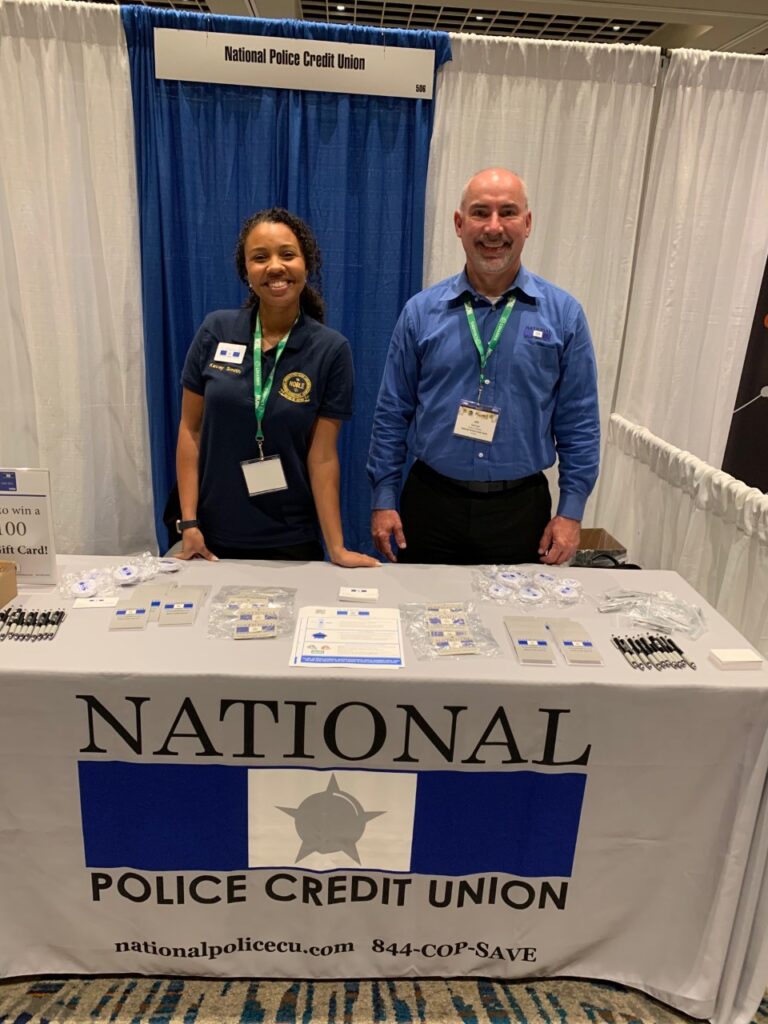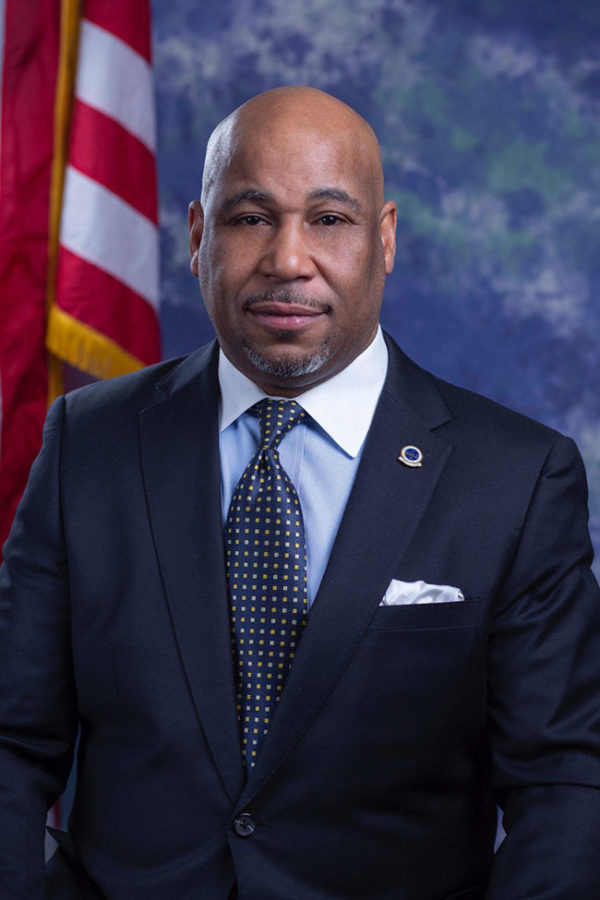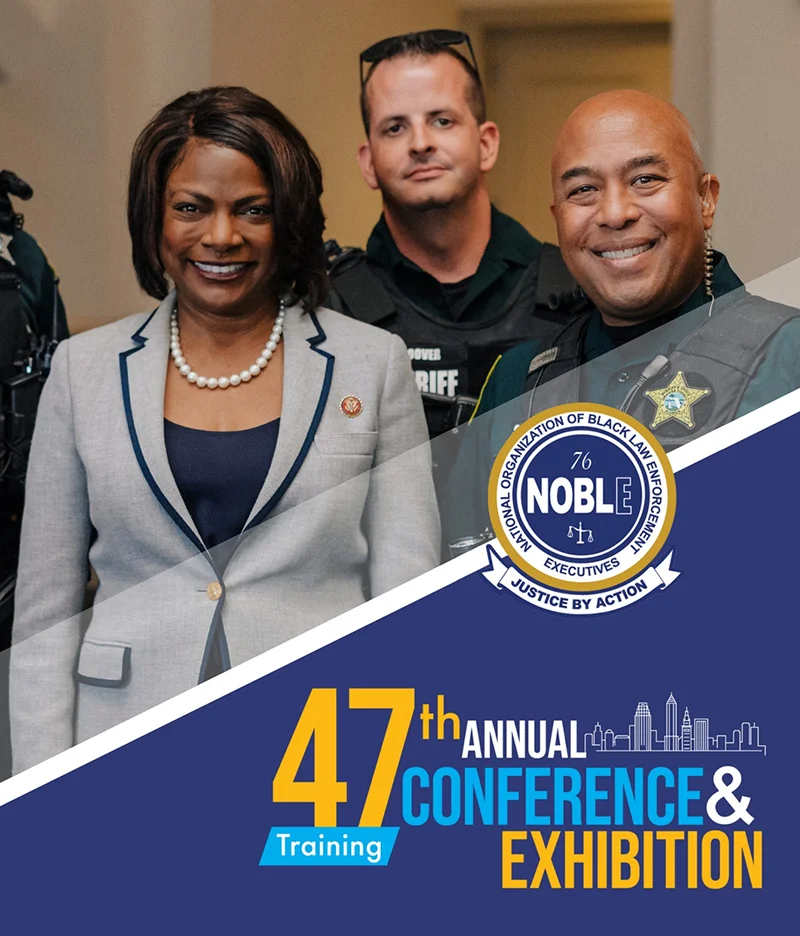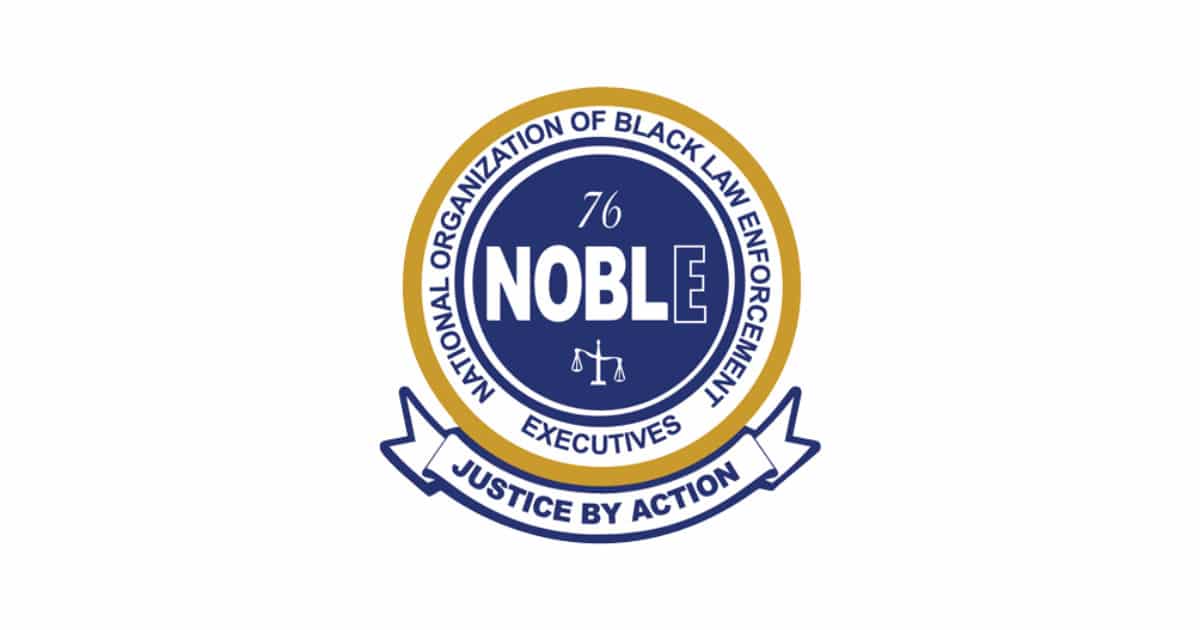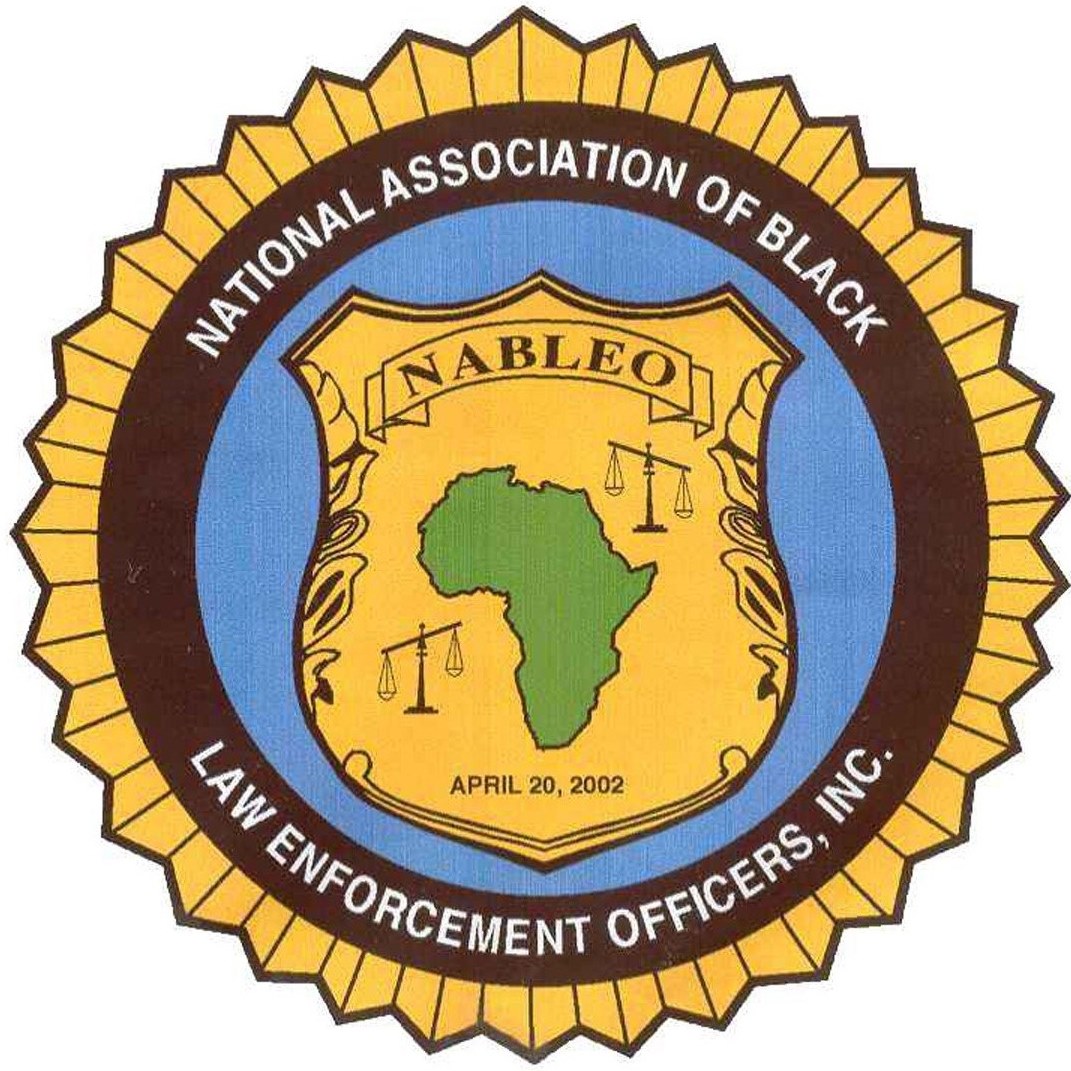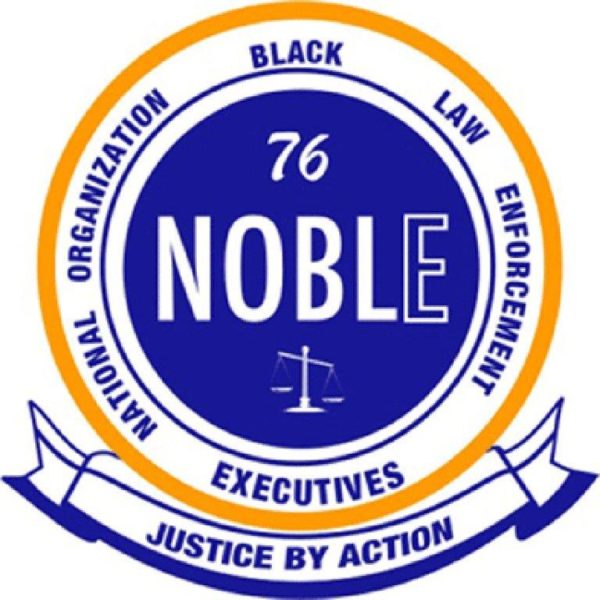National Organization Of Black Law Enforcement Executives
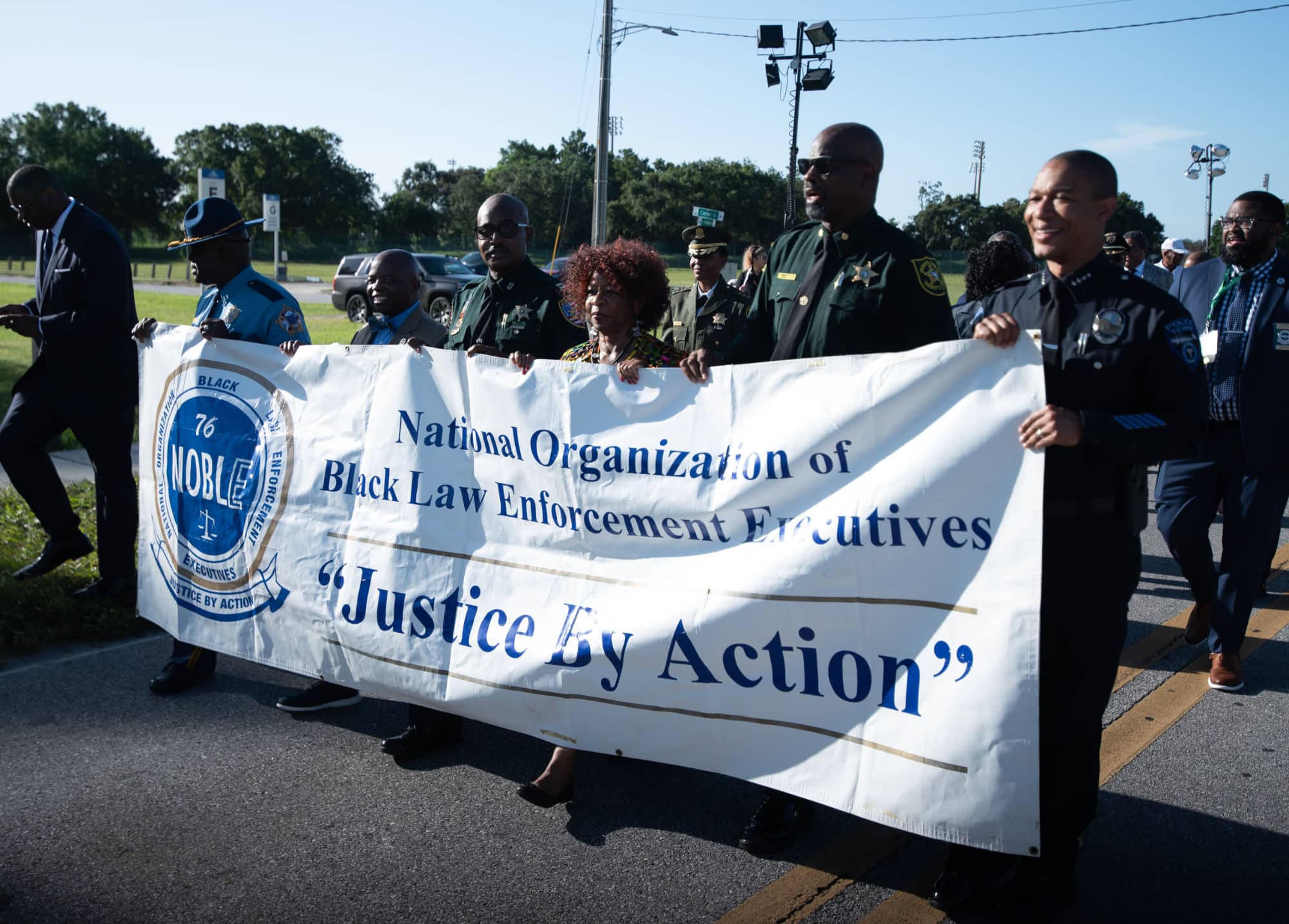
In a nation grappling with persistent issues of racial disparities in policing and justice, the National Organization of Black Law Enforcement Executives (NOBLE) stands as a critical voice. Its role in shaping law enforcement practices, advocating for policy changes, and fostering community trust is more vital than ever.
NOBLE's influence on promoting equity, diversity, and inclusion within law enforcement agencies nationwide is noteworthy. However, the effectiveness of its strategies in addressing systemic issues and achieving lasting reform is a subject of ongoing debate and scrutiny.
The Foundation and Mission of NOBLE
Founded in 1976, NOBLE emerged from a need to address the unique challenges faced by Black law enforcement professionals. These professionals were often marginalized within their departments and lacked a platform to address discriminatory practices and advocate for equitable treatment.
The organization's core mission is to ensure equity in the administration of justice in minority communities. It strives to be the conscience of law enforcement by being committed to justice, fairness and equity.
Core Values
NOBLE's values include integrity, fairness, and a commitment to community engagement. The organization aims to promote positive relationships between law enforcement and the communities they serve.
These values are reflected in its various initiatives and programs, designed to improve police-community relations and reduce racial bias in policing.
NOBLE's Impact on Policy and Practice
NOBLE has been instrumental in advocating for policy changes at the local, state, and federal levels. It frequently testifies before legislative bodies and collaborates with government agencies to promote reforms in law enforcement practices.
One of the significant contributions of NOBLE lies in its training programs focused on implicit bias and cultural awareness. These programs aim to equip law enforcement officers with the tools and knowledge needed to interact with diverse communities in a respectful and equitable manner.
NOBLE has also been vocal in advocating for police accountability and transparency. The organization supports measures such as body-worn cameras and independent investigations of police misconduct.
Community Engagement and Trust-Building
Recognizing the importance of strong community relationships, NOBLE actively engages with community leaders and residents. It hosts town hall meetings, community forums, and youth outreach programs to foster dialogue and build trust.
These efforts aim to bridge the gap between law enforcement and the communities they serve, addressing concerns about police brutality and racial profiling. NOBLE emphasizes the importance of community policing strategies, which involve officers working closely with residents to identify and address local crime issues.
Through its mentoring programs, NOBLE seeks to empower young people and provide them with positive role models within the law enforcement community. These programs encourage youth to pursue careers in law enforcement and become future leaders.
Challenges and Criticisms
Despite its significant contributions, NOBLE faces several challenges. Some critics argue that the organization has not been assertive enough in challenging systemic racism within law enforcement.
Questions have been raised about the impact and effectiveness of NOBLE's training programs. Some experts argue that these programs are insufficient to address deeply ingrained biases and structural inequalities within law enforcement agencies.
Another challenge lies in the diversity of perspectives within the Black community regarding law enforcement. Some community members feel that NOBLE does not adequately represent their concerns or advocate for their interests.
Looking Ahead: The Future of NOBLE
As the nation continues to grapple with issues of racial justice and police reform, NOBLE's role remains critical. The organization must adapt to the evolving landscape of law enforcement and address the concerns raised by its critics.
One potential area for growth is increased collaboration with community-based organizations and advocacy groups. By working together, these organizations can amplify their voices and advocate for more comprehensive reforms.
NOBLE could also strengthen its research and data analysis capabilities to better understand the root causes of racial disparities in policing. This would enable the organization to develop more targeted and effective interventions.
Ultimately, NOBLE's success will depend on its ability to build trust within the Black community and demonstrate a genuine commitment to justice and equality. The organization must continue to serve as a bridge between law enforcement and the communities they serve.
Only through sustained efforts and a willingness to confront difficult truths can NOBLE fulfill its mission of ensuring equity in the administration of justice for all.





